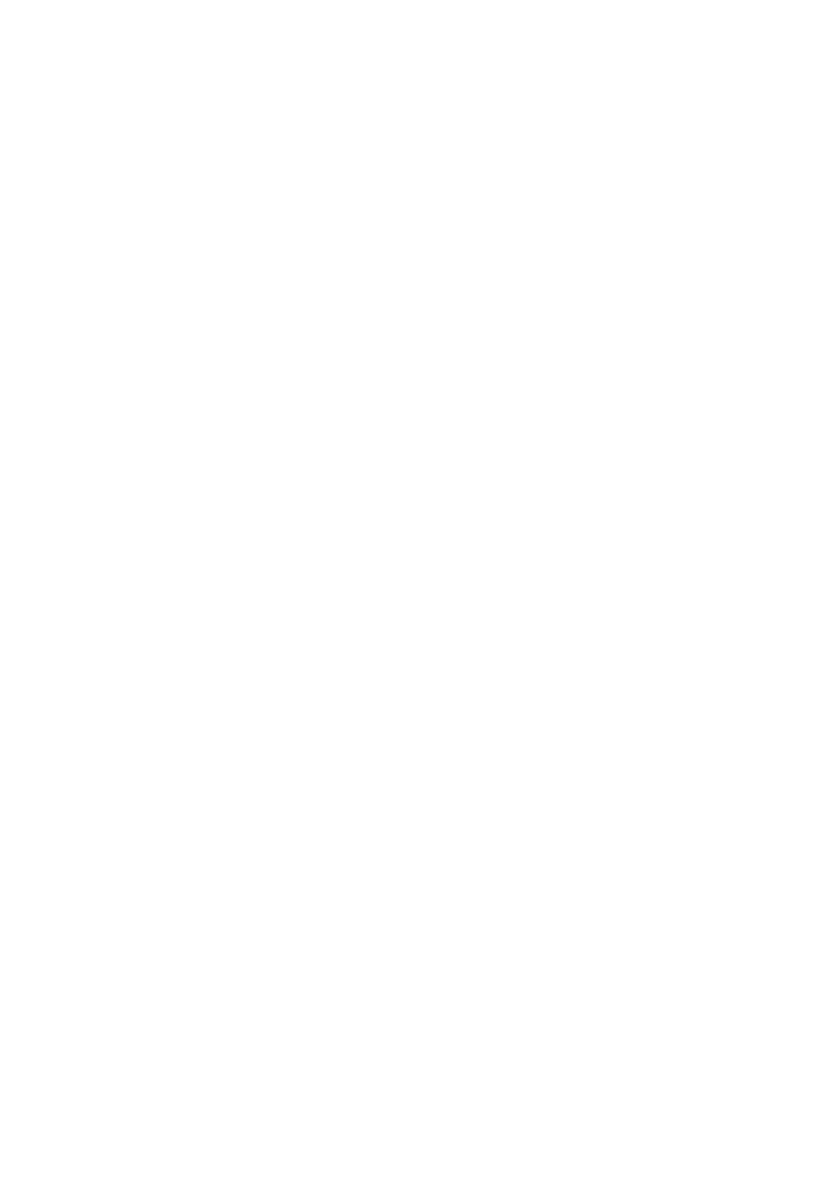

Horst Steinke
150
speak of the “totality”
324
of language: under this conception, it is
not possible, as it were, to step outside (one’s working, or
“home”) language, study it, and say something about the lan-
guage in a
meta
-language. It is as though we were “prisoners of
our own language”
325
, or inextricably bound up with, and em-
bedded in, a force field, or sustained in a life-supporting element
as fish in water. Whatever the (inadequate) metaphor, the crucial
presupposition is that in attempting to step back and reflect on
language, one is always forced to fall back, circularly, on the very
same meaning relations (semantics) in the “home” language that
are the object of examination to begin with
326
. At best, one can
hope to have
unspoken
ideas with respect to how reality is encod-
ed in language
327
.
It seems relatively straightforward to turn now to the alterna-
tive conception, language as calculus, and simply define it
via ne-
gationis
328
.
However, it is useful to briefly sketch out the chief as-
sumptions and claims of the calculus paradigm
329
. First of all, the
term “calculus” in this context is nothing more than a
terminus
technicus
; it is not intended to imply a formal/formalistic view and
usage, nor does it try to draw attention to issues involved in
making use of language, and thus actual manipulations
330
. Never-
theless, the basic connotation of calculus does not have to be
abandoned entirely in our particular field of discourse. Inherent
in the notion of method or system of manipulation is the idea of
choices, not to say freedom of choice, alternatives, and
ipso facto,
relations between alternatives
331
. In this conception, language is a
«tool» if the connotation is that it «can be reinterpreted, changed
and replaced, at least step by step»
332
. Thus the relation of lan-
guage to reality is not considered to be unquestionable, inex-
pressible, ineffable; in fact, the calculus approach assumes the
possibility of thinking in terms of “models”, aspects, or smaller
parts, of reality, as something that can be purposely selected, as
well as the possibility of varying the relation of language to such
















